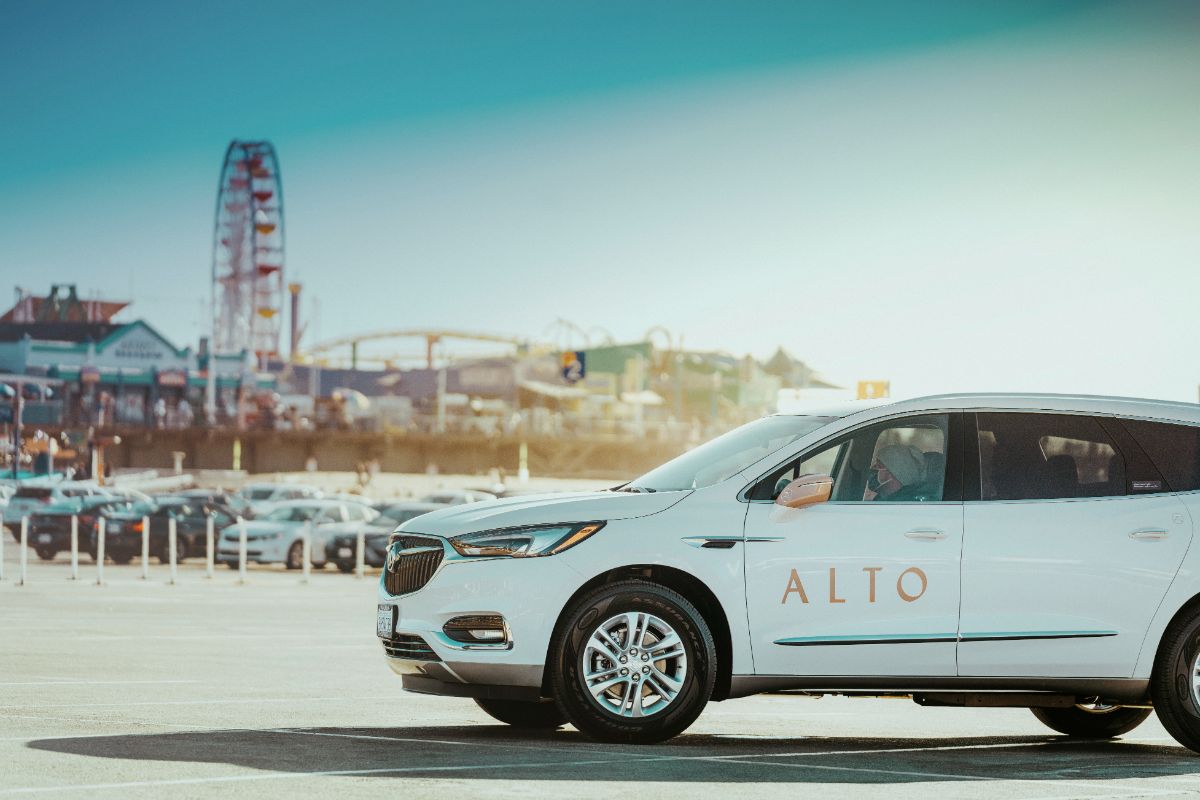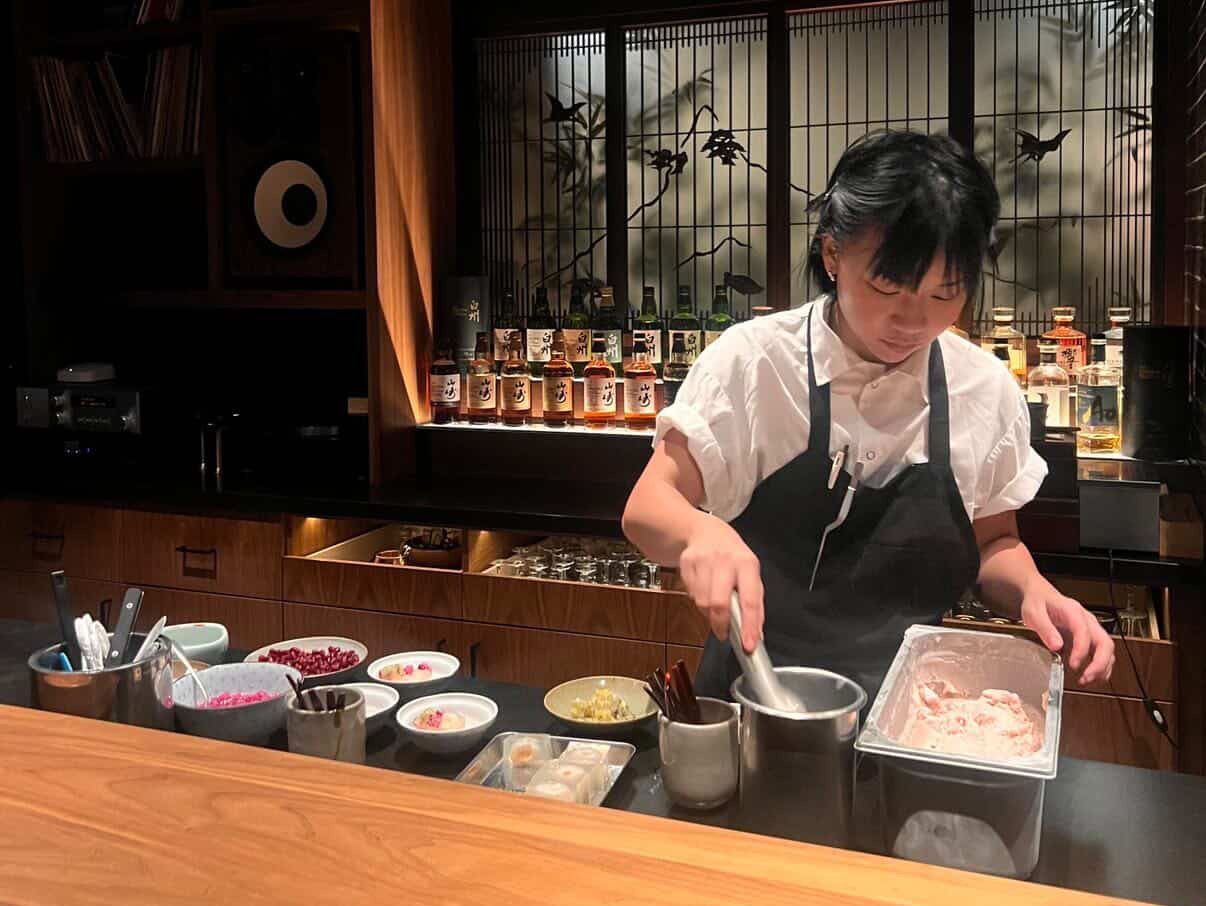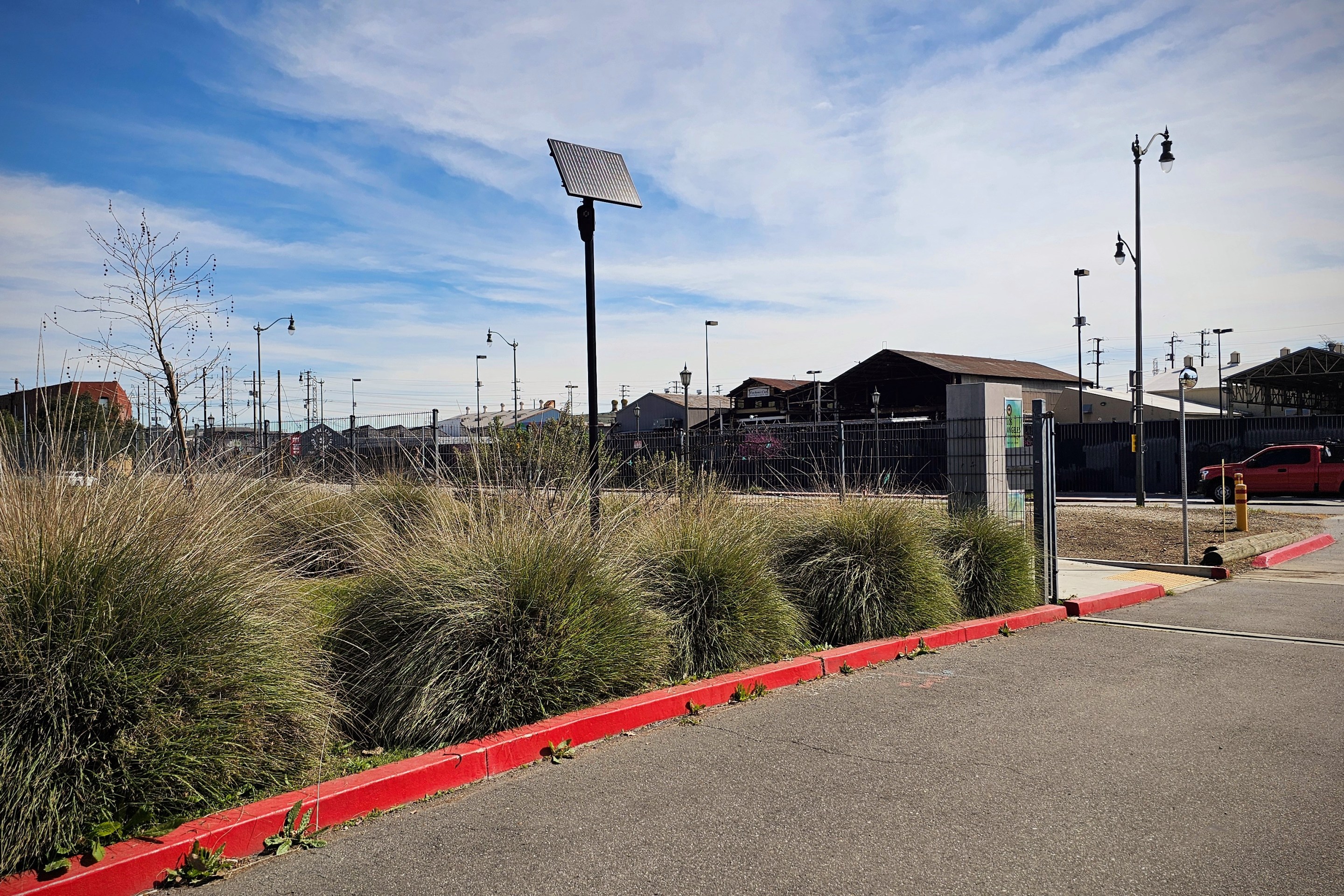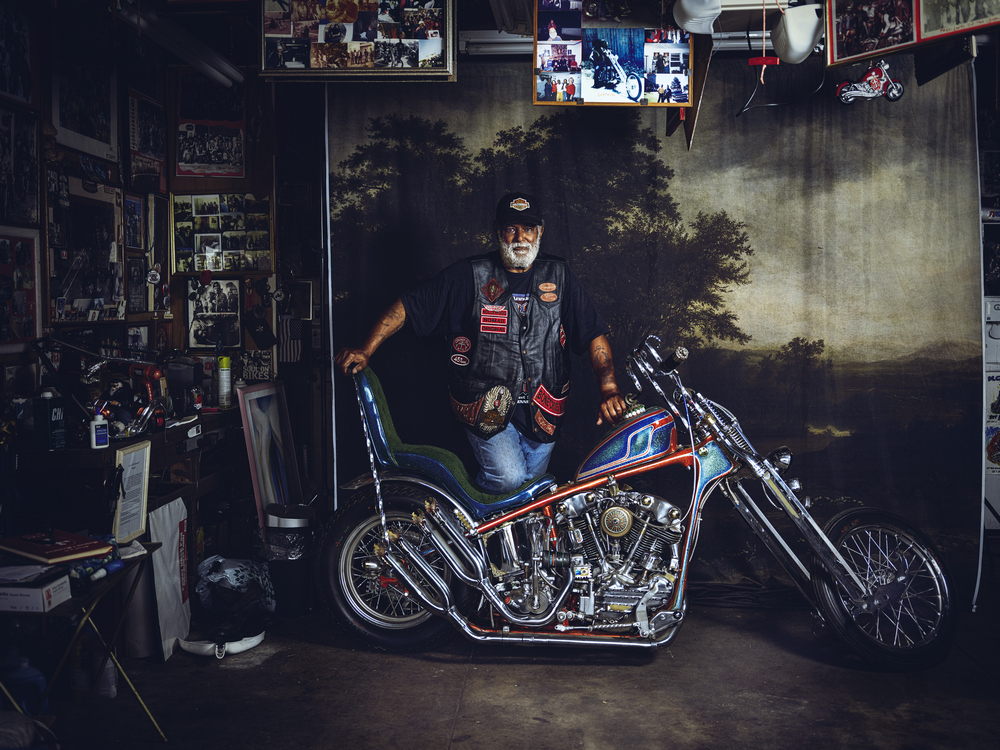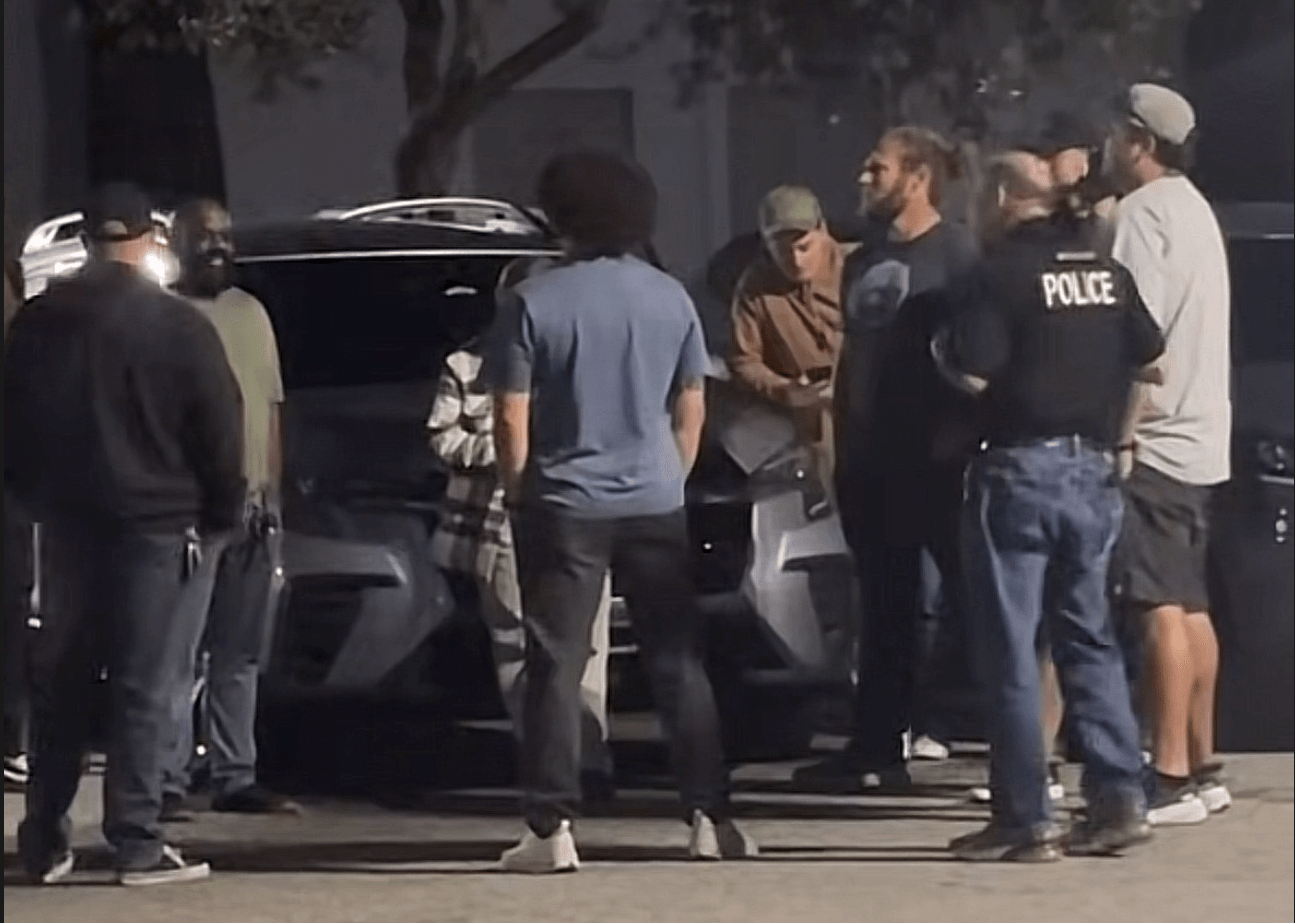[dropcap size=big]O[/dropcap]f all the lessons that Will Coleman learned from years of using various rideshare apps as a passenger, there are two that stand out the most: the importance of guaranteeing safety for both passengers and drivers and maintaining high levels of service. As many can attest to, it sounds obvious, but the reality can be quite the opposite of what’s provided.
“It's really like electronic hitchhiking,” says Coleman, who is CEO and co-founder of Alto, a new rideshare company that has serviced Los Angeles county since December 2020. The company separates itself from other rideshare companies such as Uber, Lyft, and Yellowcab in various ways, such as owning its own fleet of vehicles, tracking vehicles during active trips using real-time GPS/geolocation, and hiring drivers as employees.
Coleman and co-founder Alex Halbardier (who was unavailable for this L.A. TACO interview) launched Alto in 2018. The company started servicing customers in Dallas, TX, in January 2019 and Houston after. Coleman previously spent 11 years working at the Dallas office of McKinsey & Company in the travel and transportation space. He worked with airlines, casinos, car rental companies, hotels, and other companies in the travel and transportation industries to understand shifts and changes in the business industry.
A critical aspect of Alto’s brand is that it hires drivers as employees as opposed to its competitors, who work with drivers as independent contractors.
“It was from all of that work that a lot of the ideas behind Alto started to form in my head as I understood what the upsides of rideshare brought to our communities,” explains Coleman, “As a consultant…I spent literally months of my life in the back of cars talking to drivers, experiencing the services. I noticed for myself and others that as the services grew and they became more widely available, they also became less consistent.”
“Let's be honest, not every Uber ride is a disaster,” he continues. “You often probably have some pretty pleasant ones. But we think that people's mindset, and consumers, really think about not their best experience, but their worst experience. That's really how they define a brand.”
A critical aspect of Alto’s brand is that it hires drivers as employees as opposed to its competitors, who work with drivers as independent contractors. In addition, the company provides them with a uniform, including PPE, hours of training in defensive driving, and training in the “culture of the service model,” as Coleman describes it.
Employment also provides peace of mind to drivers who continue to contend with the efforts of many rideshare and gig economy companies to limit their pay and benefits. The fallout from the passage of Prop. 22 last year in California hasn’t been pretty, as noted in The Guardian (“‘A slap in the face’: California Uber and Lyft drivers criticize pay cuts under Prop 22”), Protocol (“California gig workers say Prop. 22 isn’t delivering promised benefits”), VICE (“Uber Shuts Down App That Told Drivers If Uber Underpaid Them”), and Business Insider (“Uber, Lyft, DoorDash and other gig companies said California's Prop 22 would create opportunity for workers of color. A new study says it 'legalized racial subordination.'”).
Alto maintains its own fleet of Buick Enclaves for the drivers to use. Coleman says they chose the vehicle for its five-star crash rating. All vehicles also include a plexiglass barrier between the driver and passengers, have a unique air filtration system, and are cleaned between rides and shifts with EPA-registered disinfectants.
“They’re getting a high-quality, safe work environment,” says Coleman. “This is their literal desk, their office, and we're able to give them the safest alternative of anything.”
“We immediately get an alert if there's something happening in the vehicle, and we're able to take action, whether that's a crash or just defensive driving,” explains Coleman. “We're able to watch the driver’s face and eyes for distracted driving.
Every vehicle is also equipped with an array of electronics that helps the company keep track of its fleet and provides an additional layer for safety. An interior and an exterior camera connected to a cloud-based server monitor the vehicle at all times. Both are accessible to the driver and passengers in the app. An additional device feeds all of a vehicle’s data, such as speed, position, tire pressure, etc., to the company in real-time. It’s a lot of personal data that some may find too intrusive, but Coleman insists it’s all done in the name of safety.
“We immediately get an alert if there's something happening in the vehicle, and we're able to take action, whether that's a crash or just defensive driving,” explains Coleman. “We're able to watch the driver’s face and eyes for distracted driving. We're able to score and algorithmically track what people's driving behaviors are, and then we're able to help train and coach them to become even safer over time. Plus, it allows us to do things like intervene if there is an incident inside or outside of the car.”
The trade-off is understandable. In 2019, NPR reported that Uber received nearly 6,000 claims of sexual assaults in two years. In 2017, Alison Turkos was kidnapped at gunpoint by her Lyft driver. He and two others raped her. She sued Lyft in 2019 after the company’s repeated failure to assist in the investigation. While cases like these remain largely isolated incidents in the daily use of Uber and Lyft, especially in Los Angeles, in March of this year, Uber and Lyft announced a partnership with HireRight, a background screening company, to prevent drivers banned from one company from joining the other. However, to these survivors and other customers who have had to deal with precarious situations while riding, it may feel like too little, too late.
Utilizing an optional membership program that helps the company avoid using price surges like Uber and Lyft. Anyone can use the app without being a member, but prices for members, who must pay an annual fee of $12.95 a month or $99 a year, are 30 percent lower by comparison. Members also receive priority ridership during periods of high demand. It’s a balancing act that helps Alto better deal with the current demand-and-supply fiascos at Uber and Lyft. Recently, in some cases, like when its peak commuting times, rides for both rideshare apps have been completely unavailable in metro Los Angeles areas for up to an hour.
What Alto offers is just one possibility for the future of rideshare companies.
Alternatives in other areas include The Drivers Cooperative in New York City, Casual Carpool in San Francisco, and Go Girl Ride in Portland.
Maybe Auto X will be next.
